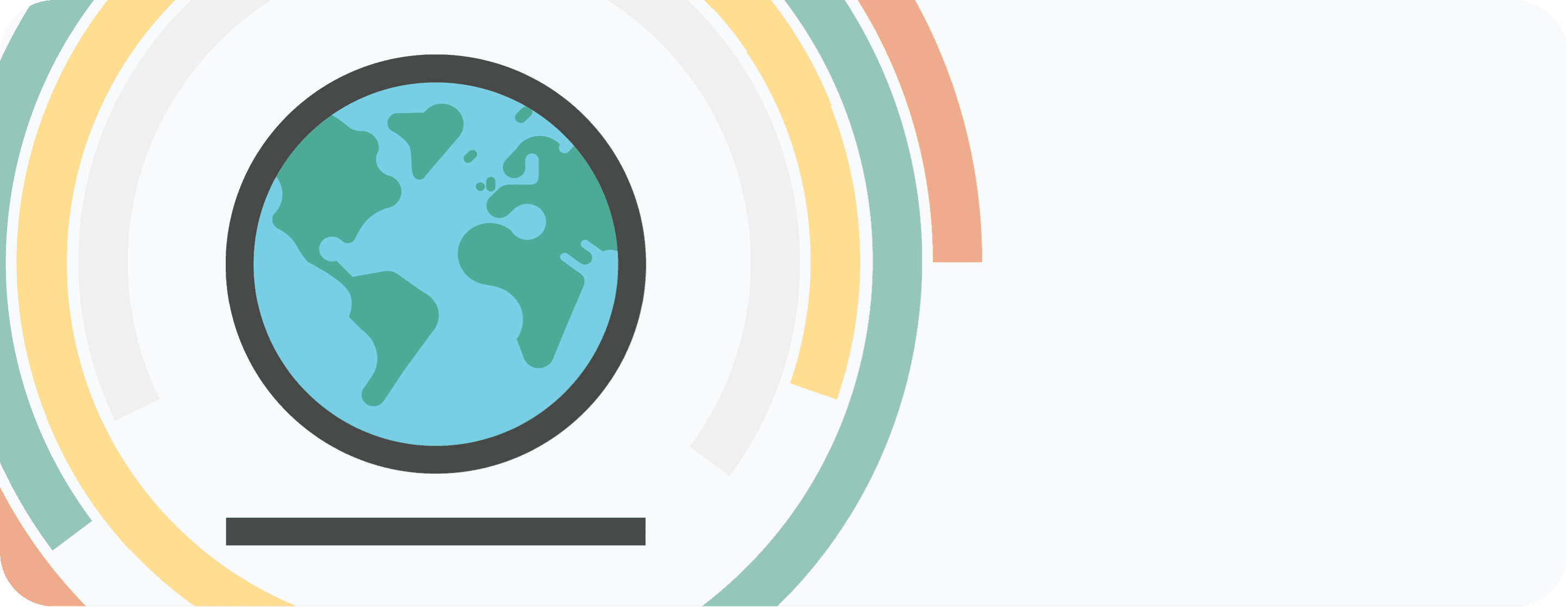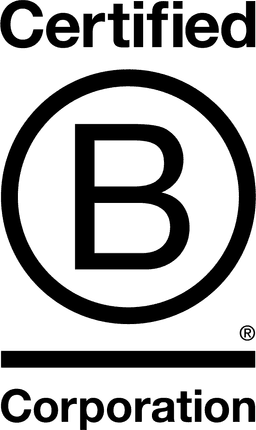

Team Unico

1.6
South Australia, Australia
August 2019
Agricultural Processing
Agriculture/Growers
Australia
Team Unico crafts drinks. They love doing it in the most sustainable and non-impactful way possible. Team Unico is the realisation of Australian Culture, with all of our products honouring the uniqueness and fragility of our land - whether that’s utilising grape varieties that can be dry-grown in desert-like environments or playing around with native Australian botanicals in Gin and Amaro. In 2013, they began making Unico Zelo Wines in the Old Gumeracha Coldstores and launched Applewood Distillery Gin soon after in 2015. Team Unico gradually renovated the coldstores and in mid-2017, opened the Applewood Distillery Bar. They have since created Harvest Social Cantina, Carter’s Coffee Liqueur and Økar Island Bitter. They hope to assist a disconnected world to reestablish a curiosity and adoration for the land we all collectively belong to, via the sharing of drinks crafted of the land with food, family and friends - building a global community in the process.
Overall B Impact Score
Governance 18.1
Governance evaluates a company's overall mission, engagement around its social/environmental impact, ethics, and transparency. This section also evaluates the ability of a company to protect their mission and formally consider stakeholders in decision making through their corporate structure (e.g. benefit corporation) or corporate governing documents.
What is this? A company with an Impact Business Model is intentionally designed to create a specific positive outcome for one of its stakeholders - such as workers, community, environment, or customers.
Workers 22.9
Workers evaluates a company’s contributions to its employees’ financial security, health & safety, wellness, career development, and engagement & satisfaction. In addition, this section recognizes business models designed to benefit workers, such as companies that are at least 40% owned by non-executive employees and those that have workforce development programs to support individuals with barriers to employment.
Community 24.0
Community evaluates a company’s engagement with and impact on the communities in which it operates, hires from, and sources from. Topics include diversity, equity & inclusion, economic impact, civic engagement, charitable giving, and supply chain management. In addition, this section recognizes business models that are designed to address specific community-oriented problems, such as poverty alleviation through fair trade sourcing or distribution via microenterprises, producer cooperative models, locally focused economic development, and formal charitable giving commitments.
Environment 35.4
Environment evaluates a company’s overall environmental management practices as well as its impact on the air, climate, water, land, and biodiversity. This includes the direct impact of a company’s operations and, when applicable its supply chain and distribution channels. This section also recognizes companies with environmentally innovative production processes and those that sell products or services that have a positive environmental impact. Some examples might include products and services that create renewable energy, reduce consumption or waste, conserve land or wildlife, provide less toxic alternatives to the market, or educate people about environmental problems.
Customers 4.8
Customers evaluates a company’s stewardship of its customers through the quality of its products and services, ethical marketing, data privacy and security, and feedback channels. In addition, this section recognizes products or services that are designed to address a particular social problem for or through its customers, such as health or educational products, arts & media products, serving underserved customers/clients, and services that improve the social impact of other businesses or organizations.